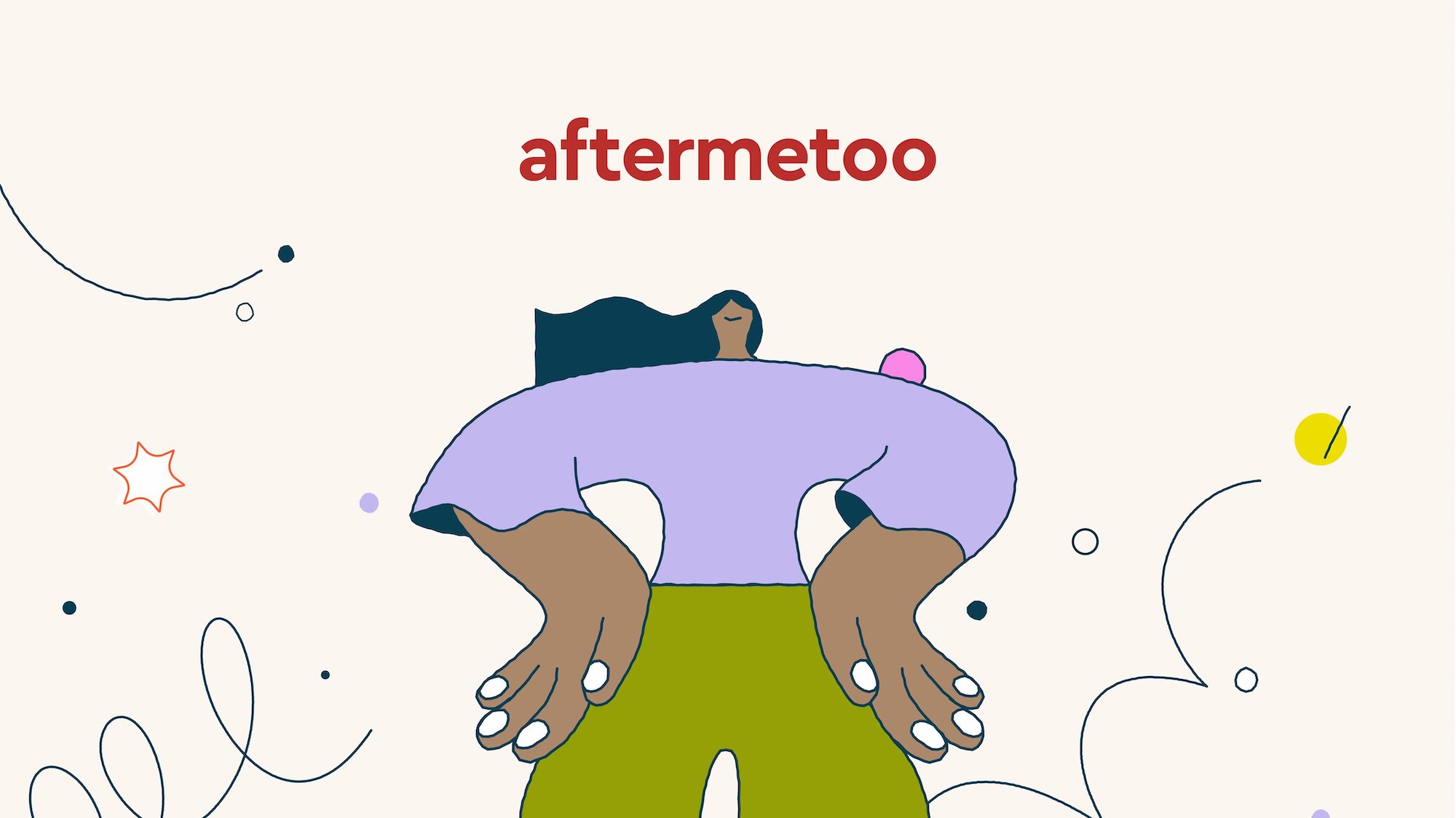Canadian charity Aftermetoo has launched a new website filled with in-depth resources for people being sexually harassed at work, offering support for victims and reigniting important conversations that the #MeToo movement helped start.
Aftermetoo was established in 2017, during the height of the #MeToo movement. A small group of Canadian women in the performing arts wanted to keep the momentum going, so they formed a registered charity opposing sexual violence in the workplace.
“Aftermetoo is important and necessary, because despite decades of efforts to combat workplace sexual harassment in Canada, it is still far too common and ruins far too many lives,” said Aftermetoo co-founder Freya Ravensbergen. “We aspire to one day entirely eliminate gender-based violence. Until that day, we need to do everything we can to support survivors.”
Aftermetoo.com is a comprehensive guide that answers questions and provides legal, career, and emotional support for those experiencing workplace sexual harassment in Canada.
“This new site is a major achievement: the first of its kind in Canada,” said managing director Sue Gardner. “Aftermetoo is a comprehensive and authoritative one-stop information shop, offering people everything they need to know about the laws related to sexual harassment in Canada, as well as how to protect their career, finances, and mental health from the damage that harassment so often causes.”
Four years in the making, the Aftermetoo site is a joint effort of hundreds of experts (researchers, lawyers, journalists and mental health experts) and more than 2000 sexual harassment survivors who were surveyed for their input. The site was funded by the Canadian government and backed by notable organizations like the Canadian Women’s Foundation and the Barbra Schlifer Commemorative Clinic.
Divided into three sections: Learn, Act, and Heal, the site addresses many common questions that arise for those experiencing workplace sexual harassment, such as: How can sexual harassment affect my career? and How to decide whether to take legal action?, as well as articles about dealing with a range of emotions from shock to anger to grief.
The articles are written compassionately, practically, and honestly, laying out research-based facts, anecdotes from survivors, and easy-to-understand legal information specific to Canada. The resources address topics from multiple perspectives, consider various outcomes (what is likely to happen if you report your harassment vs. not reporting), and offer a safe, judgment-free place to turn to. There is no one-size-fits-all advice, but instead encouragement for readers to inform themselves and trust their instincts.
On the site, you’ll also find dozens of first-person accounts of harassment submitted by survivors, enabling readers to learn from the experiences of others, as well as a database with dozens of TV shows, movies, podcasts, games, books and quizzes that survivors recommend to other people who are being harassed.
Aftermetoo’s homepage offers a somber message, but also provides hope for visitors looking for support. “People who are supposed to protect you [from sexual harassment] probably won’t. That’s a harsh reality, but knowing the truth about your options will help you get out of this okay.”




 Follow Us On Instagram
Follow Us On Instagram
